2 August 2020
Marian Turski
Holocaust survivor
Commemoration speech on the occasion of 2 August 2020, Holocaust Memorial Day for Sinti and Roma
The next anniversary commemorating the extermination of the Roma in Auschwitz-Birkenau is close. What can I, former prisoner of Oświęcim, say to my Roma and Sinti brothers in today’s Poland, in a Europe immersed in the pandemic. We are all full of fear as human beings, but eventually an effective vaccine will be discovered, or another way to prevent the pandemic, just as it has been previously done in many other cases. However, there is another vicious disease that affects Poland and Europe – it is the hatred against another human being, it infects minds and it is difficult to find a cure for it.
If we are not able to overcome our resentments towards the others, that is to say, to antigypsyism, anti-semitism, xenophobia, fear of someone else, anxiety, and this is much worse than any epidemic, it poisons our minds.
I would like to tell my Roma brothers that the Polish author Antoni Słonimski wrote a poem, “He is from my Fatherland”. I cannot quote the entire poem, but I want to sum up its message – the poet says, the one who suffers when the Greek suffer, the one who feels pain when the Frenchman feels pain, “he is from my Fatherland”.
I dream of as many people like in this poem as possible in my homeland.
Biography
Marian Turski was born in 1926 in Lodz; his birth name was Moshe Turbowicz. The Germans invaded Poland in 1939, and in 1940, Moshe, his parents Eliasz and Helena Rachel, and his younger brother Wolf, were forced into the Lodz ghetto. Moshe attended the ghetto high school and joined a Communist youth group. In August 1944, the Turbowicz family was deported to the Auschwitz killing center, where Moshe’s father and most likely his brother were murdered upon arrival. He was later transferred to the Buchenwald concentration camp, and was liberated at Theresienstadt after surviving a death march from Buchenwald. Moshe returned to Lodz, where he was reunited with his mother. Later he married Halina, a survivor of the Warsaw ghetto. Since the end of World War II, Marian Turski has had a distinguished career in Poland as a journalist and Jewish activist.
Testimonies of Holocaust Survivors
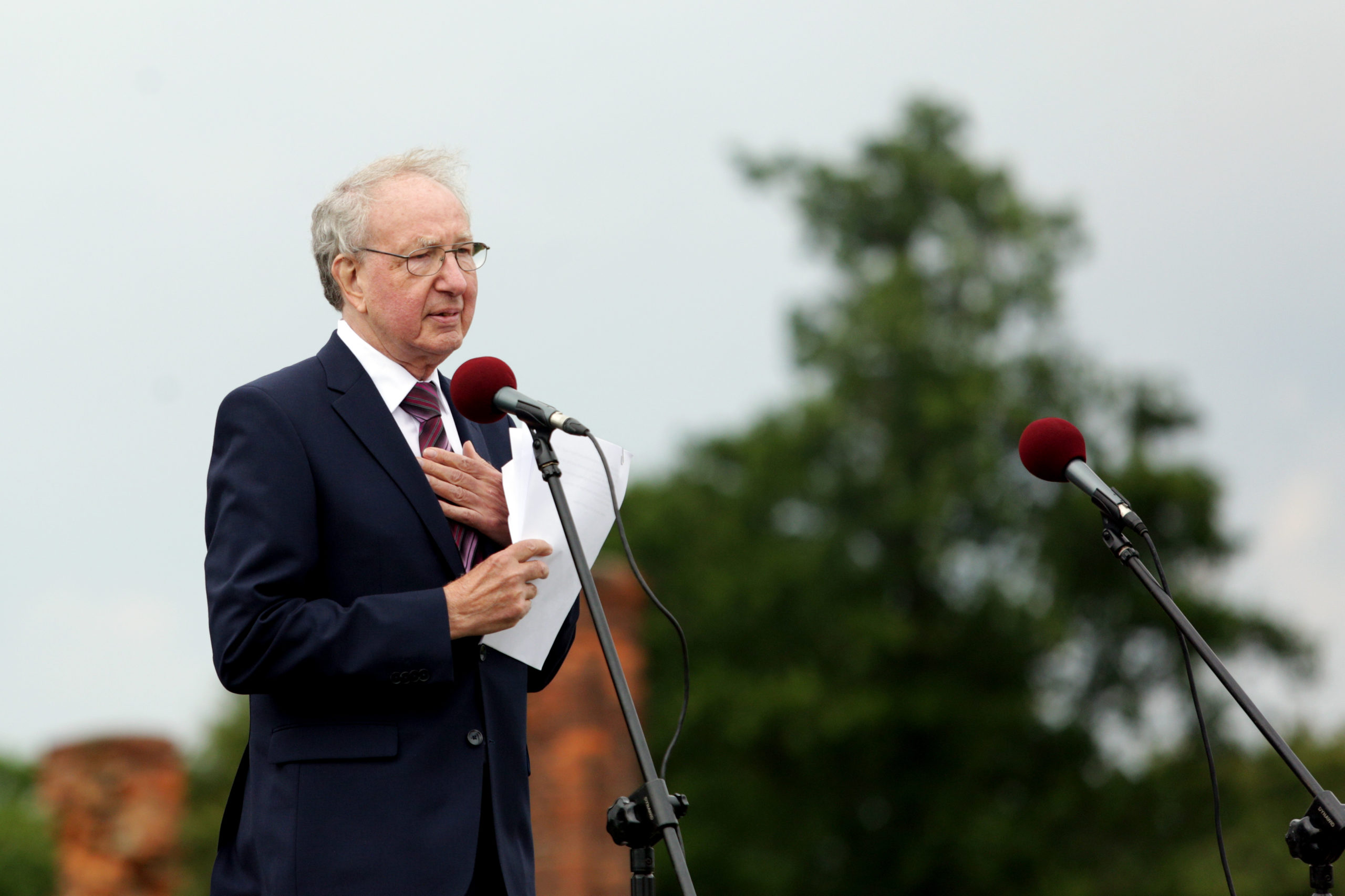
Werner Friedrich
Holocaust survivor
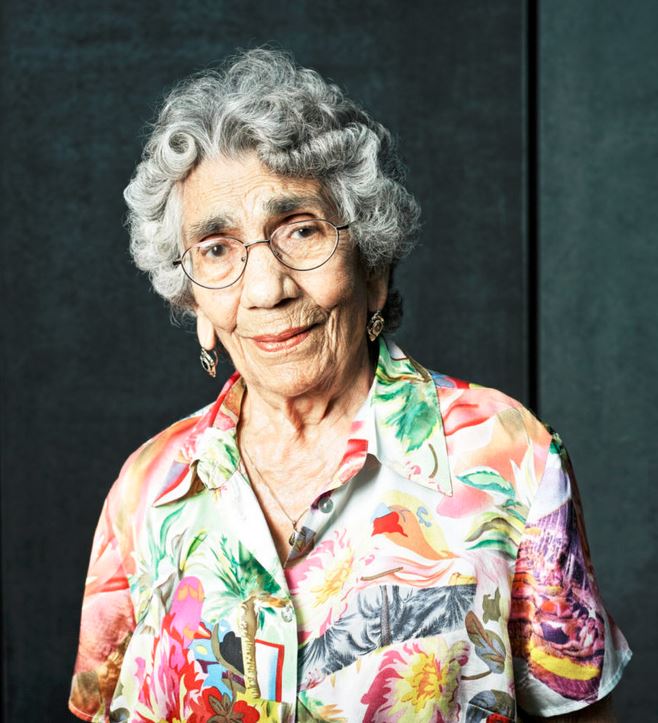
Zilli Schmidt
Holocaust survivor
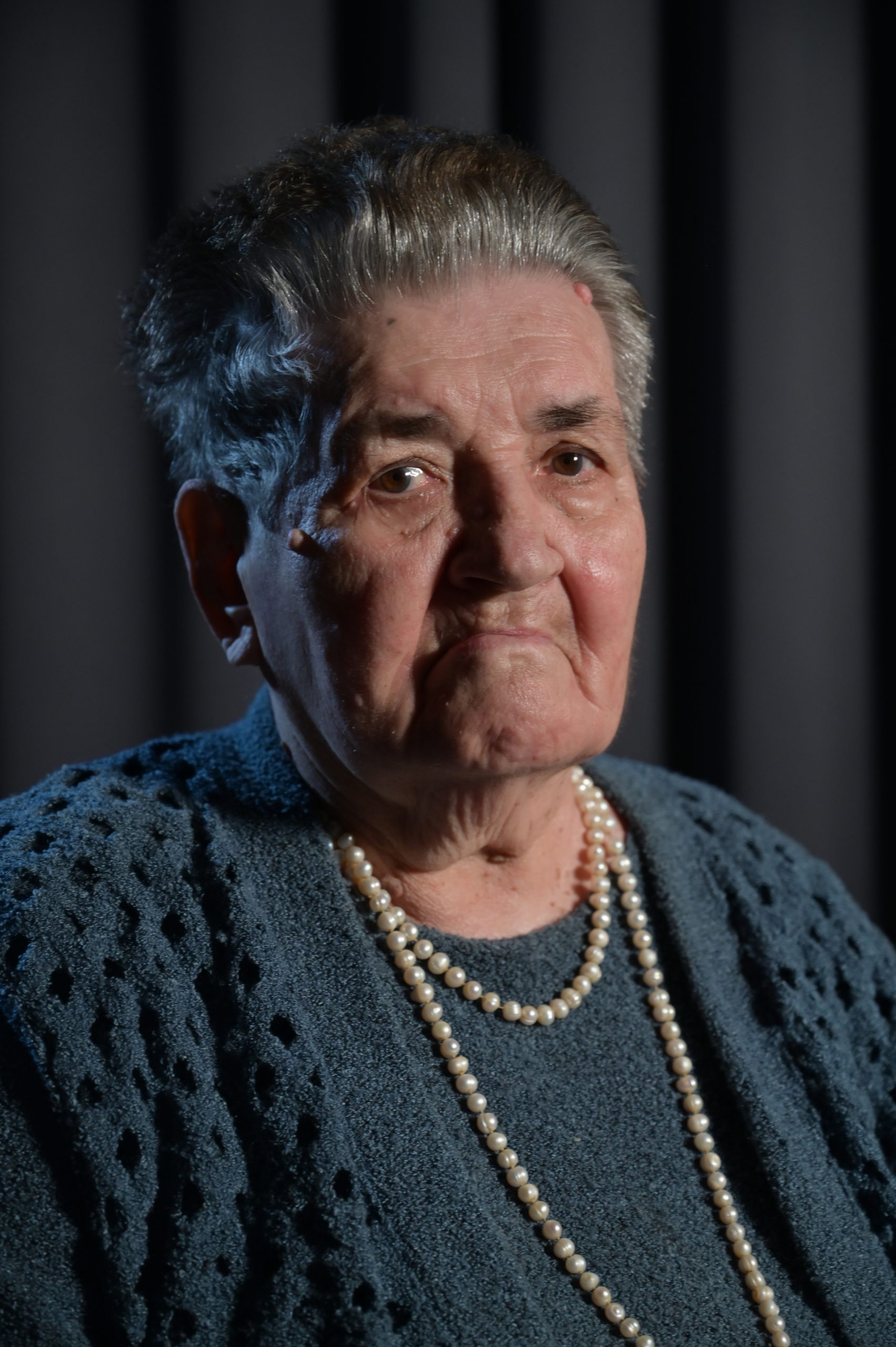
Krystyna Gil
Holocaust survivor
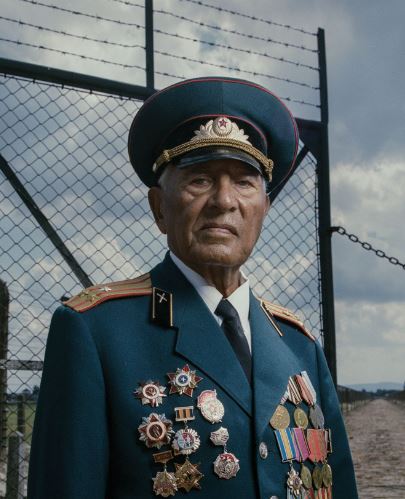
Ivan Bilashchenko
Holocaust survivor and former soldier of the Red Army
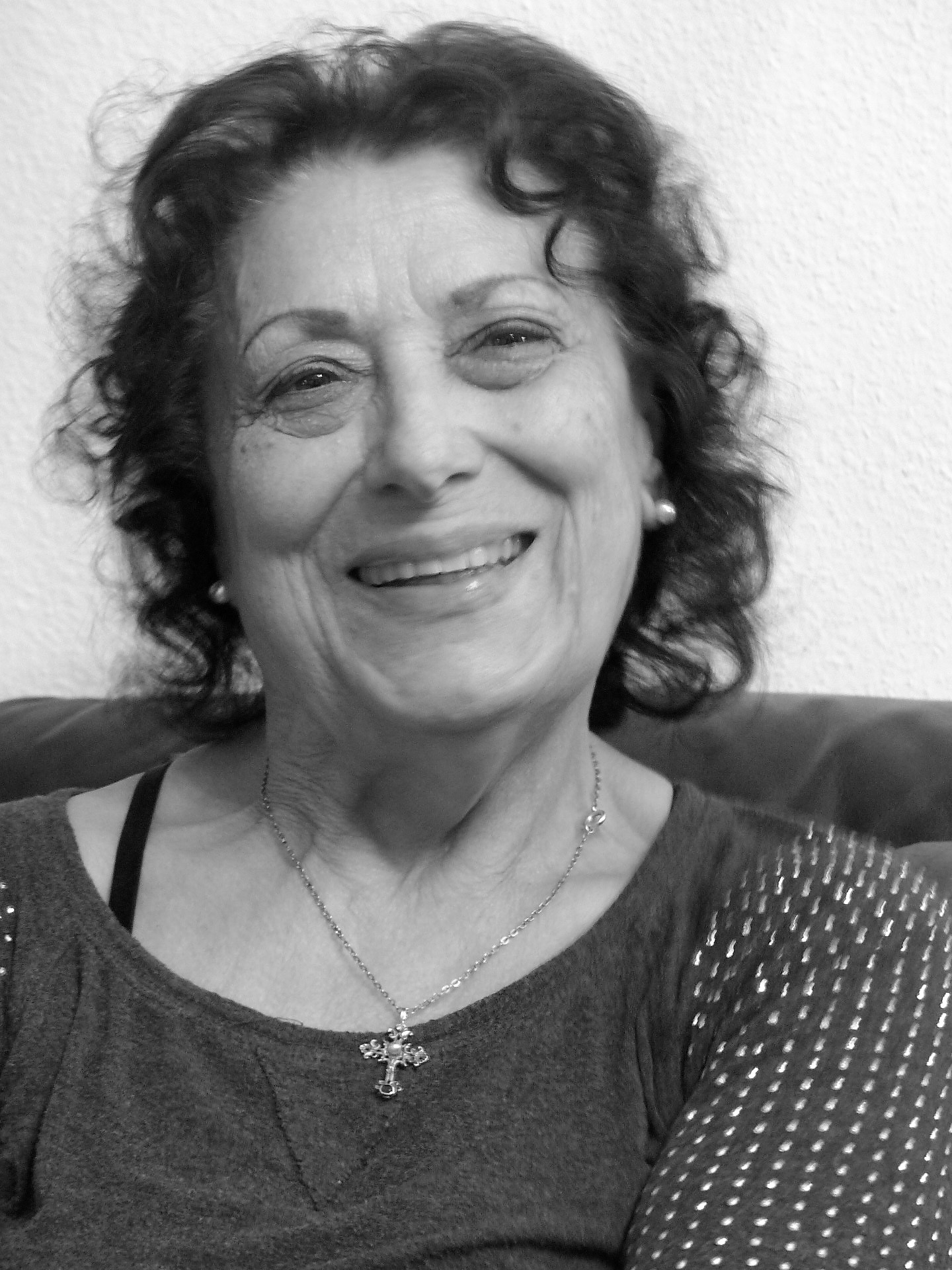
Rita Prigmore
Holocaust survivor










